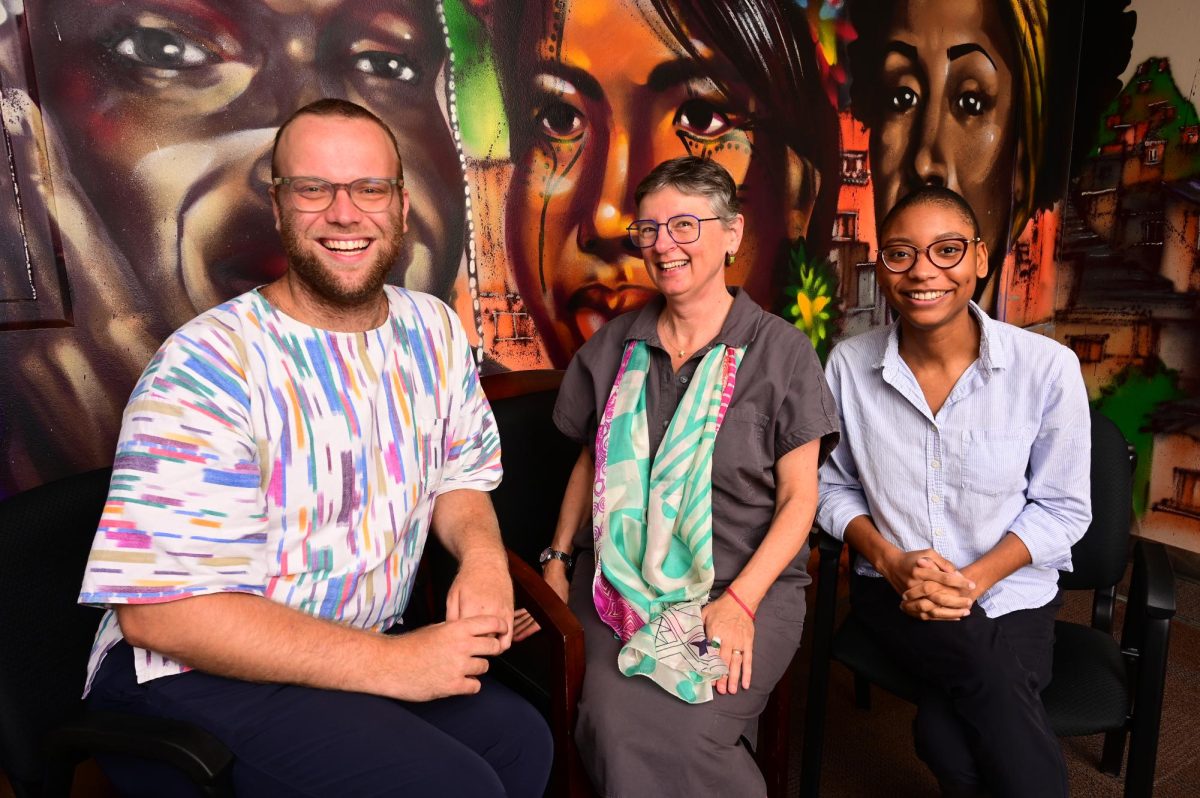In 1979, UT began offering opportunities for students interested in women, gender and sexuality studies. A silent history of LGBTQ+ and feminist academics precedes this by decades. However, only recently University leadership decided to departmentalize the field.
After extensive student and faculty support, UT approved the creation of the Women’s, Gender and Sexuality Studies department. Archibald A. Hill Professor of English, Dr. Lisa Moore will chair the department and begin curating student resources this fall.
“This is a field that has grown out of the women’s movement and the LGBTQ rights movement,” Moore said. “Though it has its own academic traditions and commitments, it develops theories that have an impact on virtually every field … There has been a hesitation to draw attention to the fact that there are feminist and queer studies scholars on campus. It’s very heartening that the work being done by those scholars and students is (now) plainly supported.”
As a department, Moore said WGSS will lead the Center for Women’s and Gender Studies while allocating additional resources towards developing new majors, hiring full-time professors and beginning a Ph.D. program.
“Although (the University has) had a major in Women’s and Gender Studies for about 20 years, and we’ve had a master’s degree in Women’s and Gender Studies for even longer than that, as well as a concentration in LGBTQ studies, we’ve also had to staff those courses and make sure students have access to all the requirements for these degrees,” Moore said. “So (the ability to hire full time professors) provides a lot of stability and continuity for our students. That allows us to plan for the future and begin to develop a Ph.D. program … the only one in the South.”
Humanities junior Nico Leuba Jones tailored his major with a concentration in Women’s and Gender Studies. He hopes the new department will bring about both structural change and facilitate an existing campus culture.
“One of the things I really appreciate within my experience of having multiple marginalized identities is the fact that we create communities even when there isn’t institutional support or recognition of them,” Leuba Jones said. “Becoming a department is a big deal in terms of funding (and starting) a Ph.D. program — people will be able to become professors and get paid what they deserve for their incredible work … I’m glad there will be more resources available to the people who are doing that and I think the community would be there no matter what.”
Jackie Cuevas, interim director of the Center, agrees with Leuba Jones on the importance of such resources in light of recent rulings by the Texas Legislature on diversity and inclusion.
“Queer communities exist beyond the bounds of the academy,” Cuevas said. “The department has an opportunity to create a space for larger feminist and queer communities … My understanding from talking to various folks on campus is that there’s a big concern around the anti-DEI movements in the state and across the country and how that may be affecting places like the Gender and Sexuality Center. But students are a powerful voice and have needs and demands and can create communities and teach the institution what we need to provide for students.”
Both Cuevas and Moore have big goals for the new department, aiming to continue developing further personal and professional resources for students in the coming years.
“There’s always been strong student demand for our courses,” Moore said. “With these additional resources, we’re going to be able to serve more students. Now it’s a more important time than any to be able to provide that education and context that will help students engage in a responsible way in some of the main debates over gender, sexuality, race and citizenship … WGSS perspective is going to bring more equity, compassion, justice and abundance into people’s lives.”








